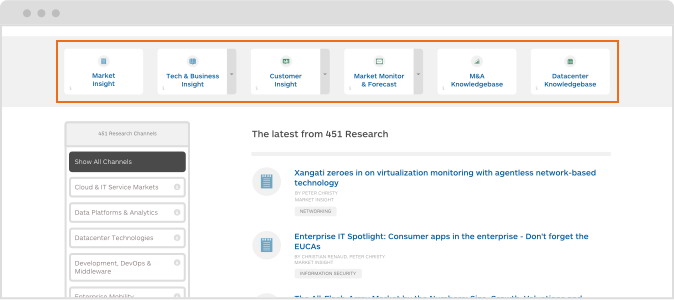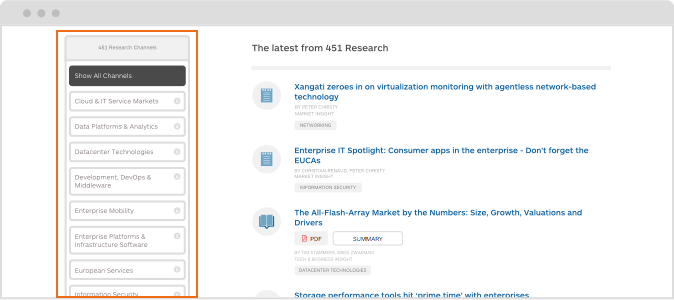2021 Tech M&A Outlook: Infrastructure management
The pandemic bolstered the shift toward cloud computing in 2020. But it did little to improve exits for companies that sell the software for managing, monitoring and operating cloud and other IT environments. Spending on acquisitions of infrastructure management vendors dropped to its lowest annual total in more than a decade. Still, there's reason to anticipate higher spending in 2021.






